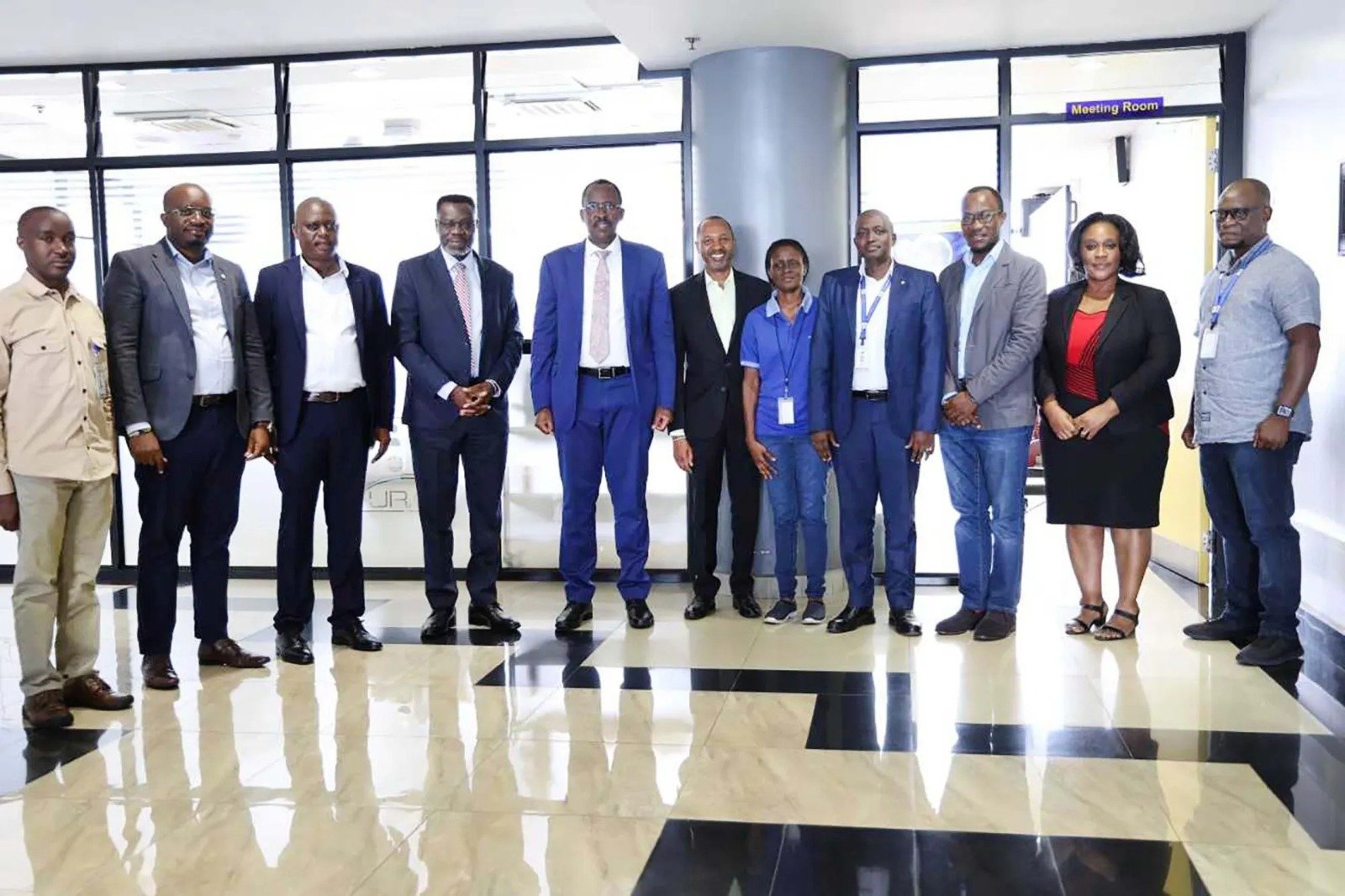Prime
Arms proliferation undermining security

Author, Mr Morris Komakech. PHOTO/FILE
What you need to know:
- Mr Morris Komakech wonders: Who are these highly specialised and precise assassins?
This election year, the presence of small, light, and large firearms in the hands of civilians seemed to have peaked than in previous election years. Overall, Ugandans are some of the most suppressed and unhealthy global citizens, constantly fearful of the state and gun violence - a social determinant of health!
The images of random people dressed in civilian clothes brandishing pistols, assault rifles, AK47 with other firearms and acting lawlessly affirms that Uganda is either under a lawless society usurped by organised criminals or under a military dictatorship.
The extent of the problem is widespread as we see Uganda traders getting killed en route to the lucrative South Sudan market or in Kasese, Mbale, and so forth. Ugandans live in fear and uncertainty, knowing well the pending tragedy of armed robbery or State-inspired drone kidnaps. It gives relevance to musician Ronald Mayinja’s song, “Bizeemu”, where he laments about Uganda returning to its darker days of State terror in the 70s and 80s.
Uganda developed policies and an action plan on SALW and yet the rapid rate at which guns are getting into the hands of assailants highlights the criminal nature of the State or its inability to subvert organised crime.
In trying to understand assassinations versus armed robbery or other forms of targeted gun-killings in Uganda, one must revisit concerns over possession of military stores.
Innocent youths are languishing in deplorable prison facilities and safe-houses on fictitious accounts of possessing military stores – meaning owning artifacts, objects or items such as ammunition that the army has a monopoly of. However, the real assassins roam our streets unfettered. Various reports indicate that the arms from police and military armoury are finding their ways into the hands of robbers.
Herein lies the complicity in this gun crime if police officers have difficulties protecting their own weapons and accounting for them. Ugandans generally avoid possessing guns or weapons and this trend has been consistent from Idi Amin era. It was the NRA’s Kyaka mkyaka programmes that strove to demystify the fear of guns, grenades, and probably even landmines among the wanainchi, thereby raising the appetite for guns locally.
The near-miss shooting of decorated army Gen Katumba Wamala on June 1 seems like a sequel to the gruesome murder in cold blood of Arua Municipality MP, Ibrahim Abiriga. These patterned events have an everlasting shocking effect on the mind of ordinary Ugandans and enforce the pervasive sense of insecurity.
I am raising this concern over small arms and light weapons proliferation in society because the existential threat is surreal and is growing rapidly. Uganda has entered a phase of exploitative and predatory socioeconomic relations. In stable and democratic nations, such phases are moderated with the State ceding more democratic rights and independent judicial systems for mediation. In Uganda, however, we see the opposite trend. The more predatory the relations of production, the more the State applies its hegemonic subduing force against the exploited. The place of violence in our society is firmly etched in its social, economic, and political processes.
There are many people postulating as to why Gen Katumba was targeted. One dominant narrative is that the General was interfering in mafia exploits. One thing is clear, with or without these street hypotheses, the assassins were professionals.
Although they lacked the precision and finesse with which Kirumira, Kawesi, Kagezi, and Abiriga were diced, indeed, these gunmen were not amateurs.
The bigger question is, who are these highly specialised and precise assassins? Obviously, they are not ordinary irate civilians attempting to settle land disputes or business grievances. These were highly trained hitmen with a high level of sophistication. The nation should know before the next scene of murder because we no longer know who shouldn’t possess weapons in this society.
Mr Komakech is asocial critic and political analyst.




